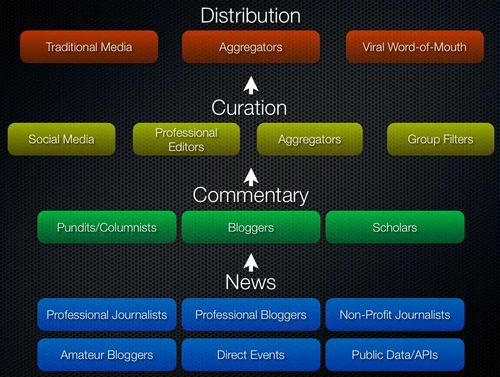The long-term freedom of the Internet may depend, in part, on convincing the big players of the content industry to modernize their business models.
Motivated by “protecting” the content industry, the U.S. Congress is discussing proposed legislation that could be used to seize domain names and force websites (even search engines) to remove links.
Congress doesn’t yet understand that there are already safe and effective ways to counter piracy — which don’t threaten Internet freedom. “Piracy happens not because it is cheaper, but because it is more convenient,” as Arvind Narayanan reports, musing on a conversation with Congresswoman Lofgren.
What the Congresswoman was saying was this:
- The only way to convince Washington to drop this issue for good is to show that artists and musicians can get paid on the Internet.
- Currently they are not seeing any evidence of this. The Congresswoman believes that new technology needs to be developed to let artists get paid. I believe she is entirely wrong about this; see below.
- The arguments that have been raised by tech companies and civil liberties groups in Washington all center around free speech; there is nothing wrong with that but it is not a viable strategy in the long run because the issue is going to keep coming back.
Arvind’s response is that the technology needed is already here. That’s old news to technologists, but the technology sector needs to educate Congress, who may not have the time and skills to get this information by themselves.
The dinosaurs of the content industries need to adapt their business models. Piracy is not correlated with a decrease in sales. Piracy happens not because it is cheaper, but because it is more convenient. Businesses need to compete with piracy rather than trying to outlaw it. Artists who’ve understood this are already thriving.
